Some of Asia Pacific’s brightest young tech minds put in strong performances at this year’s Imagine Cup World Finals where they pitched creative and innovative digital solutions for a wide range of real world problems.
The judges were clearly impressed by their efforts. Three out of the top 10 teams, that got into the semifinals, came from The Philippines, Nepal and New Zealand. None, however, made the final group of four, and the grueling competition was eventually won by Team X.GLU of the Czech Republic.
X.GLU’s project is a combination hardware and Microsoft Azure cloud solution designed to help people with diabetes better cope with the disease’s symptoms. As the victors, X.GLU will have a mentoring session with Microsoft CEO Satya Nadella, US$100,000 in cash, a US$125,000 Azure Grant, and a trip to the 2018 Build developer conference. Read more and watch the video.
Think of the Imagine Cup as a sort of Youth Olympics for technology. Since it was established 15 years ago, it has inspired an estimated two million computer science students to use their creativity, passion, and knowledge to come up with solutions to shape how we live, work and play.
Eighteen student teams from Asia Pacific were among the 53 groups from 39 countries who faced off at this year’s world finals at Microsoft’s headquarters in Redmond, in the US state of Washington.
It was an exhausting couple of days. Even before they got there, they had to battle their way through a tough six-month series of competitions, such as the recent Southeast Asia Regional Finals in Manila.
Many of the contestants said they had grown personally and professionally through this intense process while their ideas and projects were refined and tested.
This year’s Asia Pacific entries included an app to combat the proliferation of “fake news”. There was also an augmented reality solution designed to connect consumers with the producers of the food they buy in markets. Team Negative Time from India got to the quarterfinals with an artificial intelligence (AI)-powered solution to help protect kids from cyber-dangers and inappropriate content. “Our project solves a very global problem that is mostly ignored,” they told the judges.
Team Echo Innovators won a wildcard into the semifinals with an impassioned plea to help farmers in their homeland of Nepal and beyond who cannot afford modern veterinary services. They created a data-based solution that helps poor villagers monitor the health and safety of their animals.
“Farmers throughout the world are on the verge of shutting down. Why? Because their livestock is dying due to unknown symptoms,” said Melisha Ghimire, who was inspired to act after her uncle’s family faced financial ruin when he recently lost a small herd.
“We’re representing New Zealand,” a jubilant Group Cram cheered when they heard they had also advanced to the semis with their web app that helps students study better for exams. Team Opticode from the Philippines also made it in the semis with Minerva, a virtual assistant app that uses a smartphone camera to tell visually impaired people what different objects are.
Check out the details of the 18 student teams from Asia Pacific who participated:
1. Australia – Team SourceLink

In the 21st century, most of us consume our food without a thought of where it comes from. Team SourceLink wants to reconnect individuals with the producers of their food, helping them engage with the stories behind their purchases.
Shoppers use the augmented reality app as they browse the shelves to obtain insights from what they’re looking at, thus empowering them to make informed decisions about their food. The team is even working on a HoloLens app that provides users with a fully immersive in-store experience.
2. Bangladesh – Team Parasitica (Imagine Cup Worldwide Finals – Quarterfinalist)
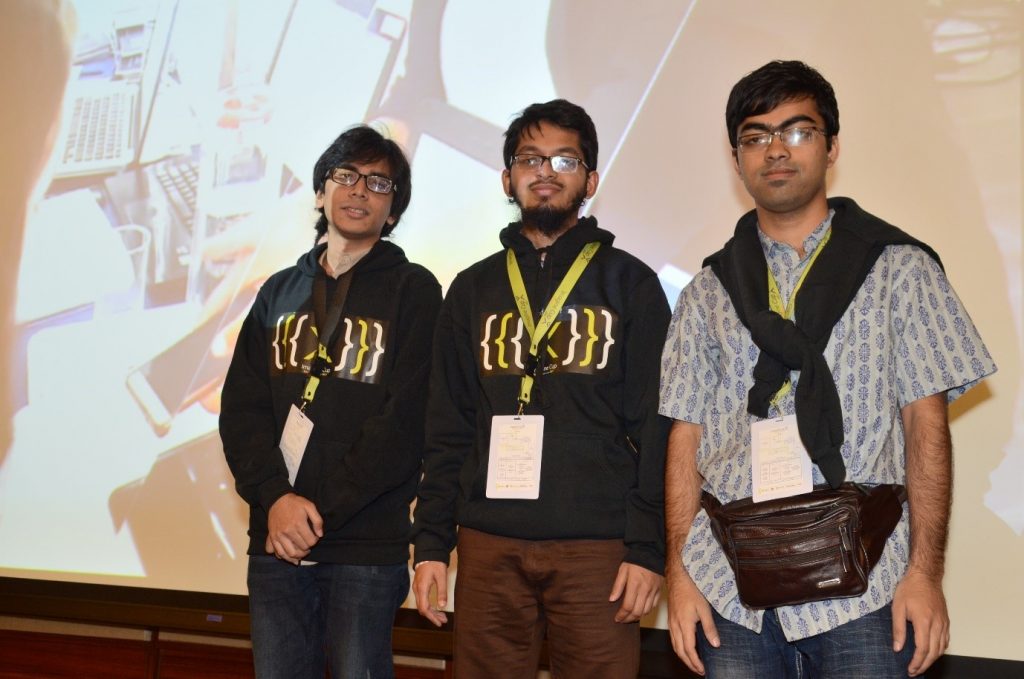
Millions today are affected by diseases such as tuberculosis and malaria as well as conditions brought about by intestinal parasites. In most cases, a rapid diagnosis is key to preventing death. However, conventional light microscopy operated by a trained clinician is the only method today to confirm if a patient is infected. As such, diagnosis is often made based on clinical symptoms, which result in a high error of margin.
Comprising of students from Bangladesh University of Engineering and Technology, Team Parasitica is hoping to leverage on Microsoft’s intelligent tools as well as cloud platform to build their “fasTnosis” app. The app taps on Microsoft’s Artificial Intelligence tools to help better and more accurately diagnose patients via inputs of microscopic images into the app. This helps reduces the time for diagnosis while increasing the accuracy, and in turn reduces the probability of misdiagnosis.
3. China – Team Surgical Assistant

The hearts of small children are so small that surgeons typically face huge challenges in examination and surgery. This trio of bio-medical engineering students were touched by seeing children suffering from congenital heart disease, and were determined to help.
Team Surgical Assistant developed a HoloLens-based medial image processing platform to enhance surgeons’ ability to perform complex surgeries using image processing, VR applications and 3D models. Diagnosis and decision-making algorithms deployed on Microsoft Azure and based on the Azure Machine Learning Studio work their magic in the cloud, and the invention is today undergoing testing in hospitals.
4. Hong Kong – Team Sense+ (Imagine Cup Worldwide Finals – Quarterfinalist)

The visually-impaired encounter social isolation and daily inconvenience as they navigate through modern society. Team Sense+ has developed a smartphone application that taps on the power of Microsoft Cognitive Services APIs and Microsoft Azure to help users recognize things around them, such as the identity of friends and the colours of objects.
The app is also capable of alerting users of upcoming weather changes, and notifying them of local events around them, allowing them to lead a more fulfilling life.
5. India – Team 3 Alchemists (Imagine Cup Worldwide Finals – Quarterfinalist)
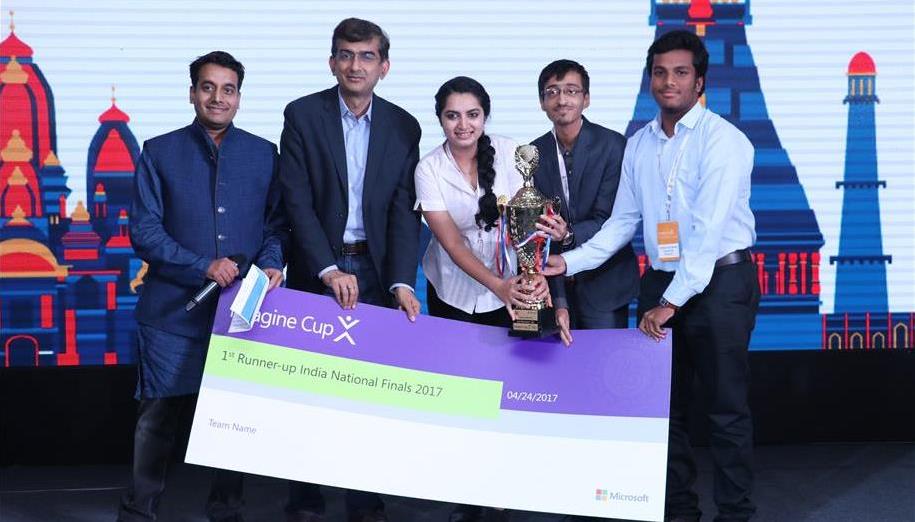
Targeted at both the caretaker and the patient, Team 3 Alchemist’s project seeks to provide quality health care to Alzheimer’s patients by reproducing the diagnostic capability of a trained medical doctor.
Their deep learning, IOT-enabled system runs on a Raspberry Pi to provide a mobile tracking/alerting platform., helping to diagnose patients with degenerative diseases like Alzheimer’s with the ultimate goal of reducing medical expenses.
6. India – Team PocketConfidant AI (Imagine Cup Worldwide Finals – Quarterfinalist)

PocketConfidant AI is designed to be a preventive tool that supports individuals going through personal, professional or academic transitions, helping them develop the competencies they need to enhance their critical thinking and problem-solving skills and becoming more resilient and self-confident.
A deep questioning cycle helps the user better understand their personal issues, and an artificial intelligent coach then helps them work towards their desired outcome with a personalized action plan. Users will be able to access help wherever and whenever they need, and pace their own mental health progress.
7. India – Team Negative Time (Imagine Cup Worldwide Finals – Quarterfinalist)

Children can easily be influenced by what they see. With the rise of the Internet and penetration of mobile devices, children are starting to use the web at a very early age, potentially exposing them to unfiltered and inappropriate content.
Team Negative Time has built an artificial intelligence (AI)-powered app to solve this problem. The user will have his or her very own personal “internet detective” named “Content Holmes” that has a profanity filter, a URL blocker, depression detection, and productivity sessions. Content Holmes has one goal – to protect children when they use the internet and to set the minds of parents at ease.
8. Indonesia – Team CIMOL

The rise of fake news has many governments on their toes, and this is a trend that Indonesia’s Team CIMOL hopes to stop with their “Hoax Analyzer”. In a survey, Team CIMOL found that only 52% of respondents would verify the source of a claim they see online, which is extremely alarming in the digital age where information and data are easily available. The team’s web-based app aims to help users identify if certain contextual information is a hoax or not. This is built on Microsoft’s Machine Learning capabilities to process text that is being input into the Hoax Analyzer website.
9. Japan – Team NeuroVoice
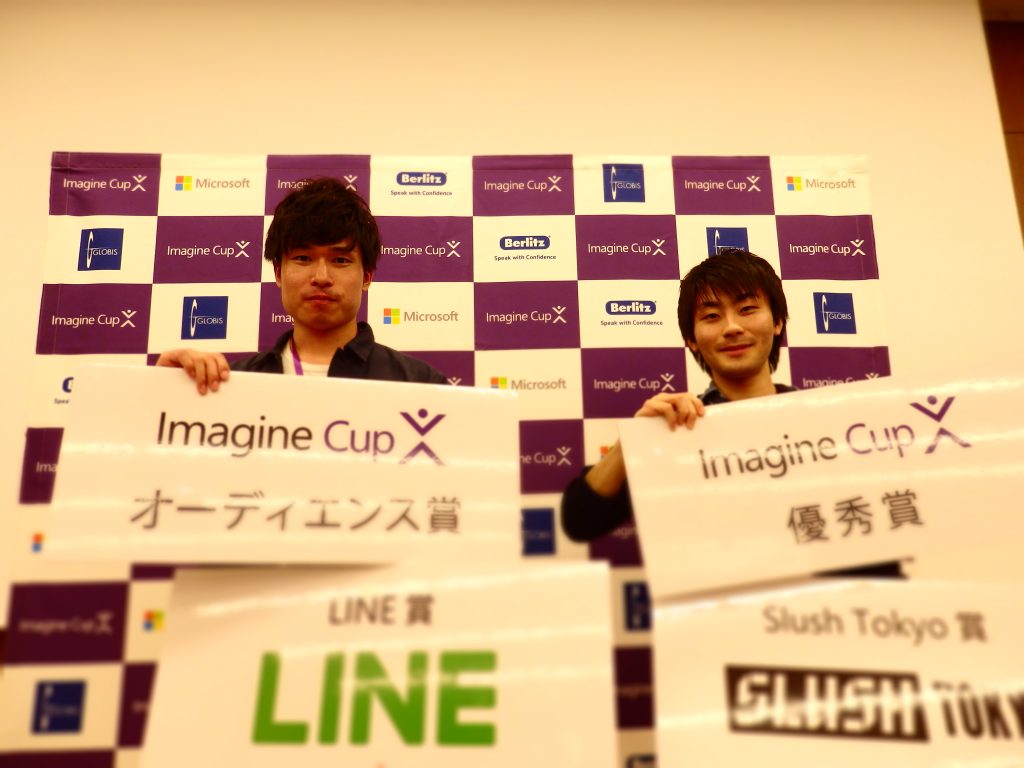
NeuroVoice converts anyone’s voice to someone else’s, even words that the target has never spoken. With just a ten-minute recording of a person speaking, NeuroVoice taps on its deep learning power to analyse the audio data and sound signature, thus making it possible to reproduce the voice with remarkable accuracy, down to the speed and intonation.
NeuroVoice can be applied to numerous fields, including movie dubbing with various individual voices, entertainment function of communication apps, mimicking songs, development of personalized speaking aids for speech-impaired subjects, and more.
10. Japan – Team TITAMAS (Imagine Cup Worldwide Finals – Quarterfinalist)

Team TITAMAS aims to help visually impaired people by telling them “what” and “how far” an object is by voice by embedding technology in something that they’re already used to – their cane.
The project essentially extends the range of a cane beyond that it can physically “tap” on. An image recognition sensor detects where obstacles are in real-time, and all around the user – including above his head. If any obstacles are detected, the user is informed using a directional speaker, so that other pedestrians will not be disturbed.
11. Korea – Team En#l-Guard

Many of us are on our devices almost every waking hour, which isn’t very good for our eyes. Over time, people who have their eyes glued to their screens every waking hour will develop Computer Vision Syndrome (CVS), along with symptoms such as fatigue, blurred vision, dry eye and even vision loss.
Blinker is a Windows-based application designed to prevent and alleviate CVS. It analyzes a computer user’s blink patterns from a webcam in real-time, and occasionally sounds the alarm to inform the user when they get too close to the screen, or when they don’t blink enough. It is based on its unique algorithm and machine learning so that it can accurately detects the user’s blinking and distance between the user and the screen.
12. Nepal – Team Echo Innovators (Imagine Cup Worldwide Finals – Semifinalist)

Around 80% of Nepal’s people depend on agriculture for their livelihood. Farmers in the high country often face harsh conditions that can ruin their crops and kill livestock. Such losses can be a devastating blow to a rural family’s income. Team Echo Innovators created “FarmLi” after being inspired by the experience of one of its member’s uncle who spent more than seven years trying to recover financially after his cattle died.
The solution? A smart neck band which monitors the temperature, activity levels and behaviour of individual animals and can alert farmers should their livestock be at risk. Such information is made available through an app which farmers can easily access through their mobile phones; and the mobile dashboard built on Microsoft’s Power BI offers easy visualization for users to track any irregularities.
13. New Zealand – Team GroupCram (Imagine Cup Worldwide Finals – Semifinalist)

GroupCram is a webapp designed to help students study for exams. Students often use past papers as means of practice. But it’s often not without problems.
Firstly, past papers which are available may not be accompanied with corresponding answers for students to check their work against. Secondly, students who may have questions regarding certain sections of a past paper cannot readily communicate with other students working with the same paper.
GroupCram aims to address these problems by giving students a platform to collaborate exam answers for everyone’s benefit. Students can upload PDF files of their past papers to GroupCram. It then formats the files to add answering spaces underneath each question. Students can then share these papers with their classmates so that everyone can compile and create model answers. Other features such as virtual group study sessions are also in place to motivate students to prepare.
14. Philippines – Team Opticode (Imagine Cup Worldwide Finals – Semifinalist)

The gift of sight is something that so many people take for granted. Which is why Team Opticode from Philippines hopes to provide a better quality of life for the visually-impaired with Minerva, a virtual assistant mobile application that allows users to point their cameras at different objects and tells them what the objects are. Minerva currently runs on Android Jellybean 4.1, and the team aims to publish it on the Play Store soon. With the mobile app, visually-impaired users will be able to ‘see’ their surroundings with their ears.
15. Singapore – Team HeartSound (Imagine Cup Worldwide Finals – Quarterfinalist)

Even with today’s advancements in healthcare and medical technologies, around 20% of heart diseases still go undetected. Doctors normally listen to heart sound and subsequently perform ECG test during clinical diagnosis, but it is impossible to detect heart anomalies via heart sound during auscultation. In addition, heart sounds are typically not captured nor stored, as there aren’t any adequate devices that support tele-health. Thus, it is hard for doctors to make a complete heart diagnosis.
With that in mind, Team HeartSound came up with the Sᶟ, is a smart stethoscope that combines the function of a stethoscope and an electrocardiography machine. Sᶟ is a small wearable device that monitors for any abnormal sounds in the heart. Another advantage is that users can track their own heart conditions at home, without the need for additional medical training or knowledge. The device is also able to send captured data to doctors when abnormal conditions are flagged, so that patients can receive further medical diagnosis, if necessary.
16. Sri Lanka – Team Titans (Imagine Cup Worldwide Finals – Quarterfinalist)
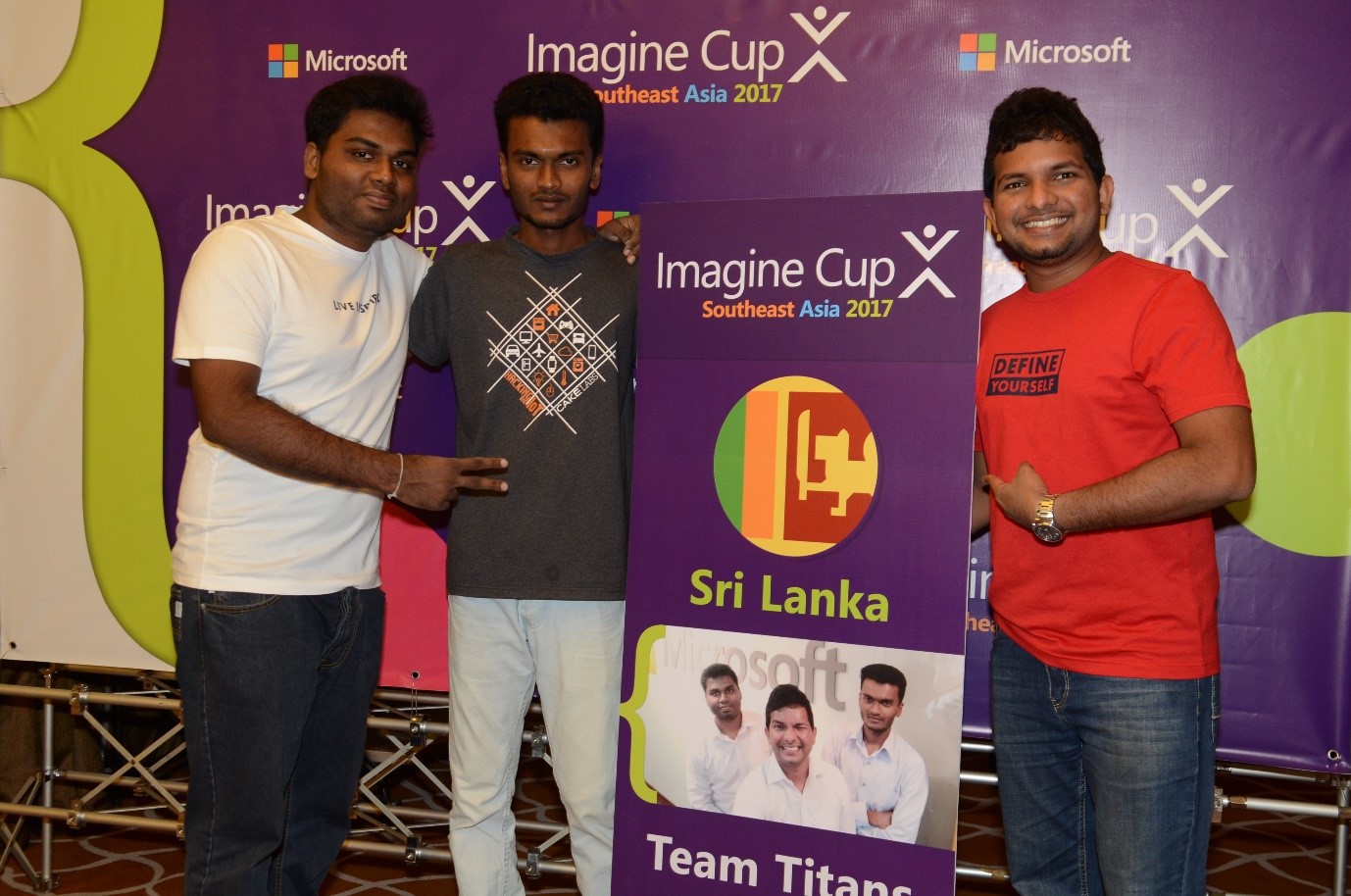
Asthma is one of the most common respiratory diseases among kids and is ranked as the third main cause of hospitalization of children under 15. Around 93% of children suffering from asthma do not know how to use inhalers properly, mainly because kids do not like to use inhalers as treatments due to the lack of motivation in the treatment process.
To address this issue, Team Titans came up with “Inhalo”, a product aimed at helping kids suffering from asthma to carry out breathing practices in the proper manner and encourage them to use the inhalers regularly. Inhalo comes with a headset, which helps identify the breathing patterns of the user as well as a mobile game to motivate kids to use the inhaler.
17. Taiwan – Team MedxUp (Imagine Cup Worldwide Finals – Quarterfinalist)

The rising incidence of kidney disease is a major challenge to modern health systems coping with ageing populations. Smart Urine Bag is a real time kidney monitoring system that uses ten-year record spans to identify high-risk patients well ahead of conventional methods. The Smart Urine Bag is the first step towards a “smart hospital”. Under the need of personalized medicine in ageing society, this preventative approach lowers the price of intensive critical care.
18. Thailand – Team Welse (Imagine Cup Worldwide Finals – Quarterfinalist)

The ageing population is turning into a major concern for many countries. Health organizations across the world are focused on maintaining and improving the well-being of their older citizens. Regular health checks are the best way to detect and treat issues early. Unfortunately, those living in many rural areas often do not have access to quality healthcare.
To enable healthcare professionals to achieve more, Team Welse came up with a portable IoT device that serves as a point-of-care test, equipped with real-time data communication. This allows users to conduct blood tests wherever they are located, and send the results to a back-end application for data collection and visualization.
The team is currently partnering with Microsystems, Electronics and Control System (MECs) Unit at Synchrotron Light Research Institute and Biological Engineering at KMUTT to roll out this device, which can hopefully provide better and faster healthcare to those in need.

